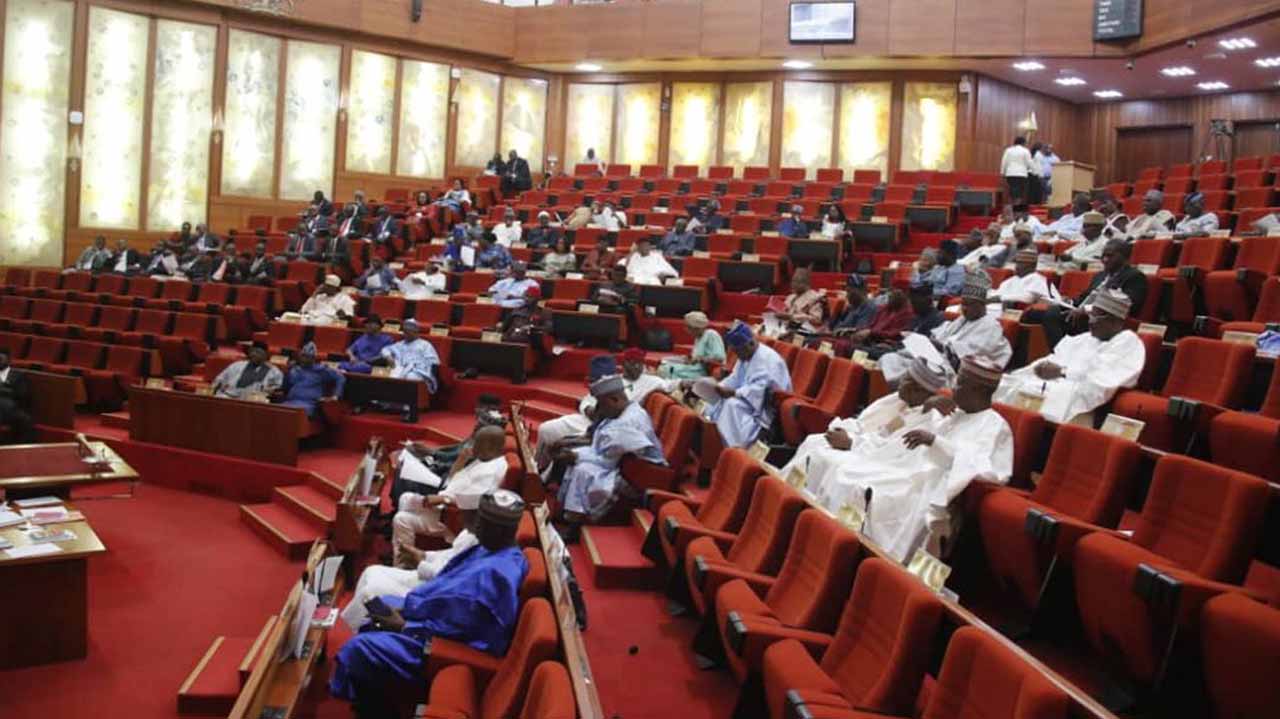
The House of Representatives yesterday resolved to investigate construction giant, Julius Berger, for alleged inflation of road contracts to the tune of N150.6 billion. The decision followed the adoption of a motion under matter of urgent importance initiated by Abubakar Kabir Abubakar at the plenary presided over by Speaker Femi Gbajabiamila.
Officials of the Ministry of Works and Housing, the Presidential Infrastructure Development Fund (PIDF) and the Nigeria Sovereign Investment Authority (NSIA) are also to be questioned for their roles in the funding of the projects.
The lower legislative chamber particularly directed its relevant committee to ascertain the level of work done on the Lagos-Ibadan expressway worth N19,520,949,317,16; Abuja-Kaduna-Zaria-Kano expressway contracted at N50,856,044,301.27 as well as the Second Niger Bridge awarded at N80,242,079,039,46 to determine if the work on ground matches the disbursed funds so far.
The panel is also to determine if Julius Berger had the capacity to deliver the projects. Leading debate on the motion, Abubakar claimed that the “slow pace of work on the three critical projects has resulted in traffic congestion, fatal accidents and a downturn in the economy of the states bordering the projects sites.”
Citing his committee’s findings, the All Progressives Congress (APC) lawmaker from Kano alleged a potential conflict of interest in the German construction firm’s involvement in the Second Niger Bridge made up of three sections – the infrastructure itself; Benin-Asaba expressway; and the Onitsha -Enugu highway.He noted: “Julius Berger is involved in all these three critical projects and other major road projects under SUKUK. All these projects are lagging behind schedule, which brings to fore Julius Berger’s capacity to handle the projects simultaneously.
“The use of direct procurement in accordance with Section 42 of the Public Procurement Act in awarding these contracts as against the opening competitive bidding has deprived Nigerians of transparency, due process and potential to save money.”
In a related development, the Senate has deplored the wide margin between deposit and lending rates, stating that the development was discouraging both local and foreign investors from establishing businesses in Nigeria.The condemnation was prior to the scaling of second reading of a bill on the urgent need to reduce the gap between lending and deposit interest rates among commercial banks and other financial institutions in the country.
The lawmakers also observed that small-scale rural women entrepreneurs suffer more debilitating blow as microfinance banks charge interest rates as much as 120 per cent yearly.They blamed the Central Bank of Nigeria (CBN) for fixing the maximum lending rate at 14.99 per cent and deposit rate at 3.89 per cent, saying “it is a deliberate attempt to create a situation where citizens would be shortchanged as the reality is that the banks charges between 24 and 30 per cent.”
The Red Chamber therefore gave the concerned committees two weeks to turn in their reports on the motion sponsored by Senator Adeola Solomon Olamilekan (Lagos West).Also yesterday, the Green Chamber passed for second reading, a “Bill for an Act to Provide Special Financial Support, Training and Modern Security Equipment for the Revamping of the Nigerian Armed Forces.”
The piece of legislation, sponsored by Babajimi Benson (APC, Lagos) and six others, seeks to establish the Nigerian Armed Forces Support Fund to provide special financial support for the revamping, regular training of the affected personnel as well as provide security and defence equipment for effective protection of the nation’s territorial integrity and strengthening of the fight against insurgency and related crimes.



